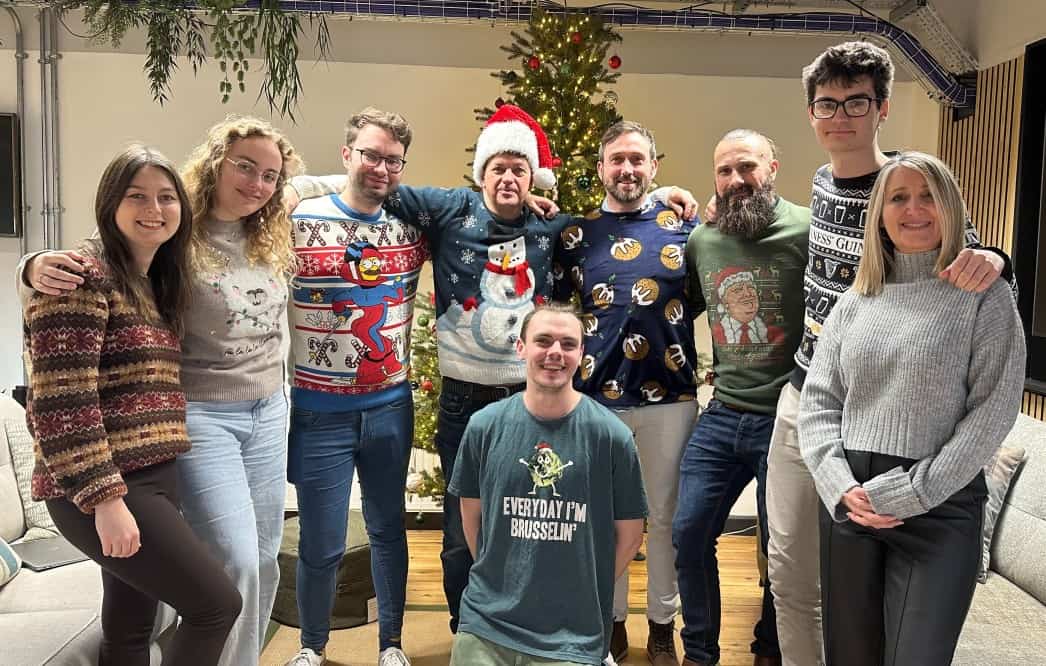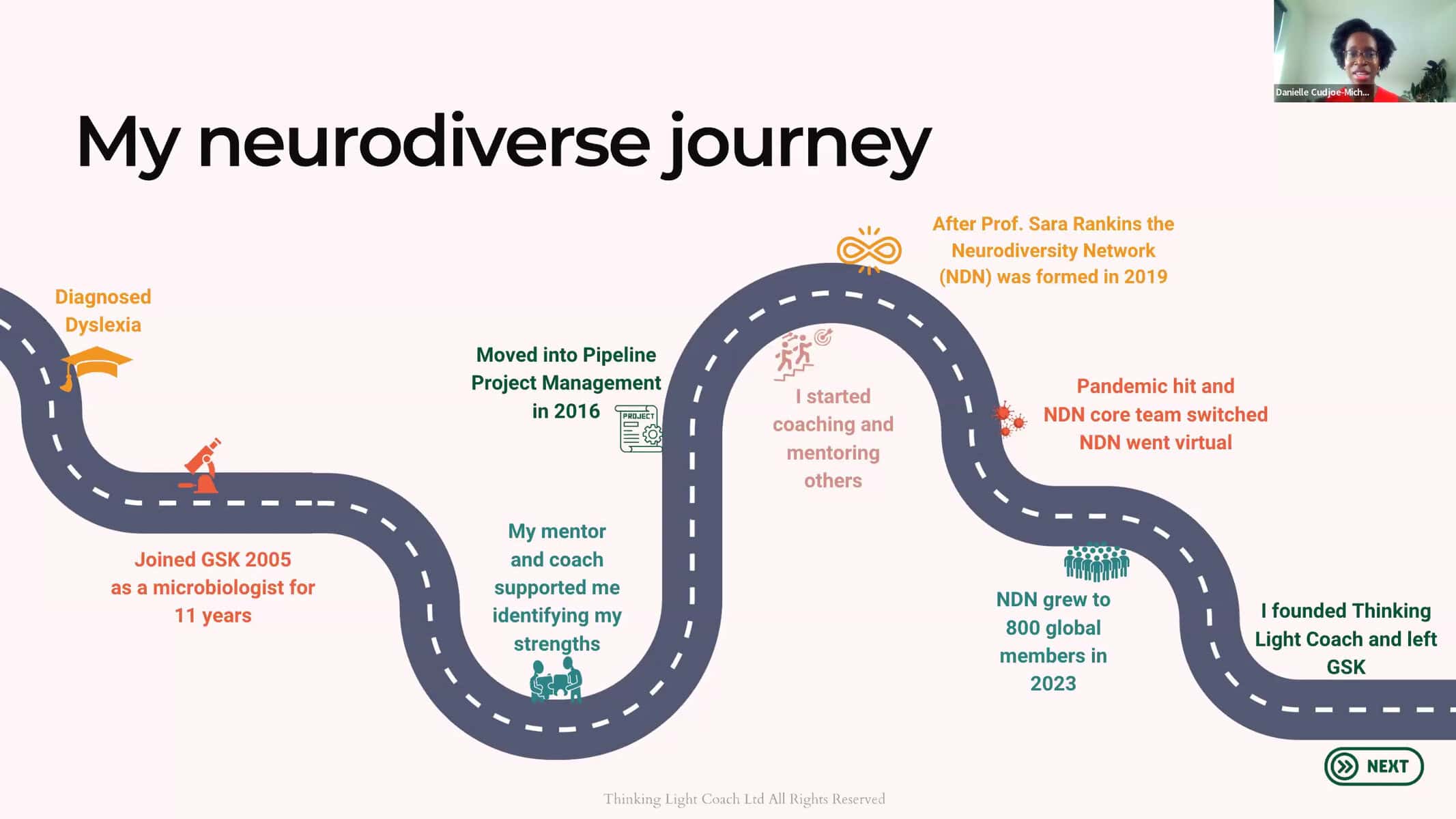These Great Minds December 2024
Here are your top 3 tips from our community!

Welcome to the last edition of These Great Minds for 2024! 💗
In every issue of our newsletter this year, we’ve asked you to share your tips and insights as a neurodivergent professional with the community. Now, it’s time to reveal the tips you’ve sent us.
Here are your ✨ top 3 tips ✨ from the community…
Tip 1: Join a support group if your workplace has one
Joining a support group and having a chat with someone facing similar challenges can help us learn from their strategies and insights. Sometimes, just knowing you’re not alone is all it takes to power through. 🫂
In the workplace, an Employee Resource Group (ERG) or a neurodiversity network can be a formal group or initiative designed to support neurodiverse employees. You might have come across groups like the Civil Service Dyslexia and Dyspraxia Network.
These networks benefit individuals and help shift the narrative that neurodiverse individuals are “broken” or “less capable.” Instead, they celebrate diversity and emphasise that neurodiverse people bring unique ways of thinking and interacting with the world.
And it can all start with something as simple as having a cup of coffee with your coworker. ☕

“We started with just local talks, having conversations,” says Danielle Cudjoe-Michalski in our recent conversation. Danielle is the co-founder and co-lead of the Neurodiversity Network (NDN) at GSK. “And then we realised that if there’s a small group of us just having coffees locally and really connecting and uniting, surely this is a bigger thing that we need to adapt.”
Tip 2: Ensure your accommodations are voiced and addressed
t’s okay to ask for the support you need. But I know this isn’t always easy to put into action. Forbes reported that around 59% of working adults with ADHD, dyslexia, or another neurodivergent condition worry that disclosing it will negatively affect their careers.
Fortunately, organisations are becoming more aware and open to making accommodations. For example, companies like AXA UK are advocating for a mindset shift where employees don’t need to disclose their condition in order to access the support they need.
But how can you, as a neurodivergent individual, ensure your accommodations are voiced today?👇
1️⃣ One thing I strongly suggest is don’t wait until things become overwhelming. Start the conversation with your HR or manager early, so accommodations can be tailored to your needs before the challenges pile up.
2️⃣ Employers in the UK must comply with the Equality Act 2010 and make reasonable adjustments to the working conditions of staff with disabilities or neurodivergence. Here is a list of reasonable adjustments you can request from your employer.
3️⃣ Feel free to share helpful resources with your HR or manager to help them better understand your challenges and address how to accommodate you more effectively. Here are some of our top resources you can share:
- Our ebook, The Ultimate Guide to Neurodiversity in the Workplace: Practical advice and information to help organisations of any size better support their neurodivergent people.
- Our LinkedIn Newsletter, Inclusive Workplaces: People professional’s go-to monthly newsletter for creating inclusive environments for neurodivergent talent in the workplace.
Tip 3: You are enough as you are
Your neurodivergence does not need “fixing.” It’s part of what makes you unique, and in many cases, it’s exactly what a team needs to thrive. Your perspective and the way you approach challenges are what make you an invaluable asset.
✨ Share your tips ✨
💡 Remember, the right work environment and accommodations will allow you to shine.
I would like to hear your insights. Do you have any tips for the community? Feel free to share them with us!
We wish you happy holidays! 🎄
Thank you for being part of These Great Minds in 2024. I hope our newsletter has supported you in thriving at work this year. I would really appreciate it if you could take a few minutes to share what you’d like to see in our newsletter in 2025.
✨ We would love to hear your thoughts about our newsletter. ✨
Feel free to copy this link and share it with others so we can reach more people who could benefit from this free resource.
Looking forward to speaking you again next year! Subscribe now to receive the next edition. 📩

These Great Minds 🧠
Learn more about our monthly newsletter for neurodiverse professionals
As we wrap up 2024, in this edition, you will find the top 3 tips from our community, These Great Minds.